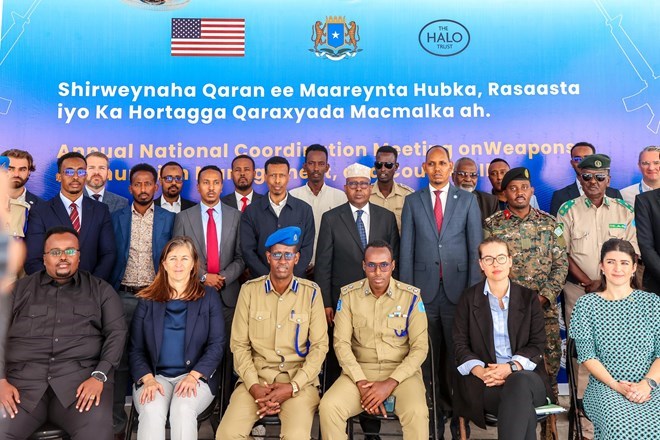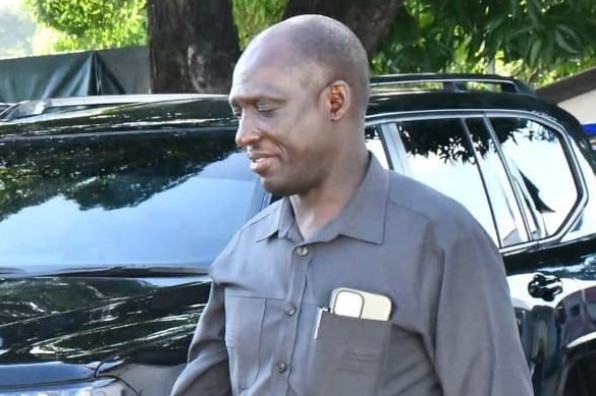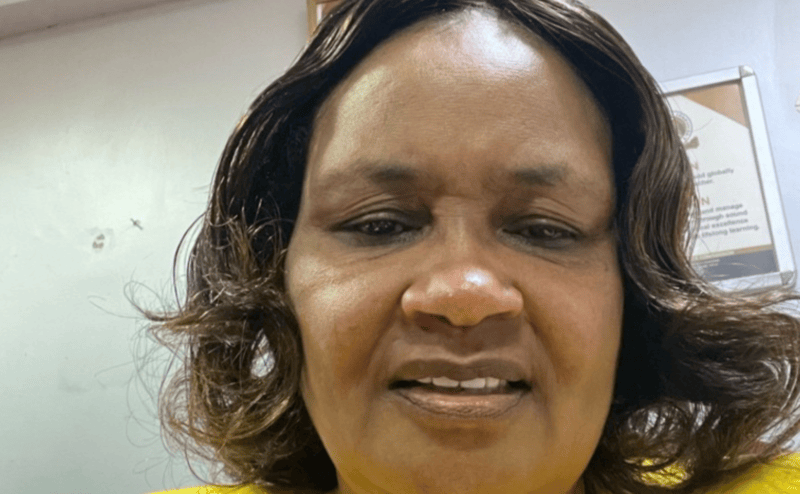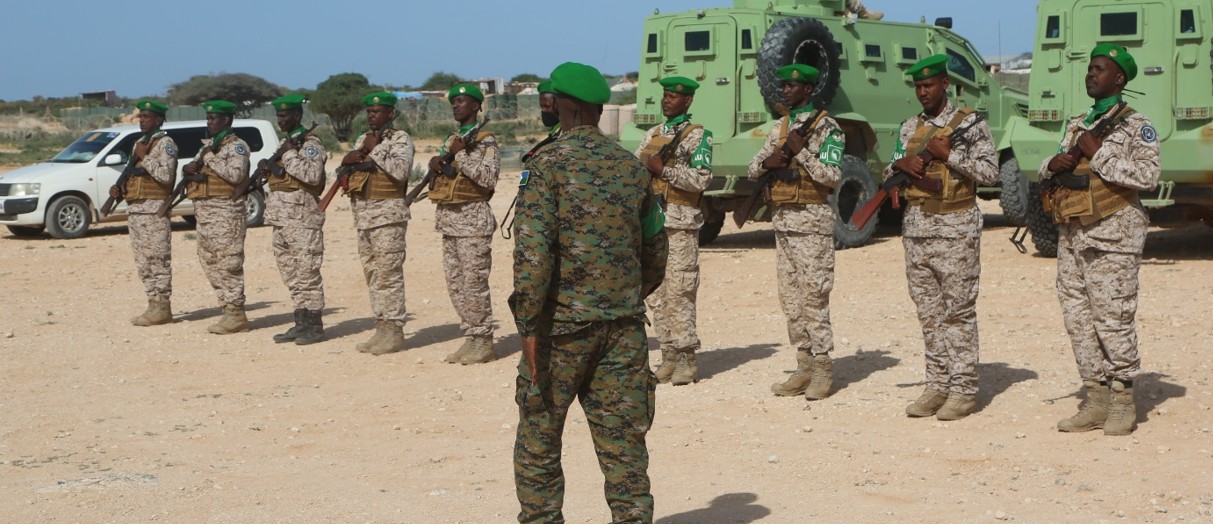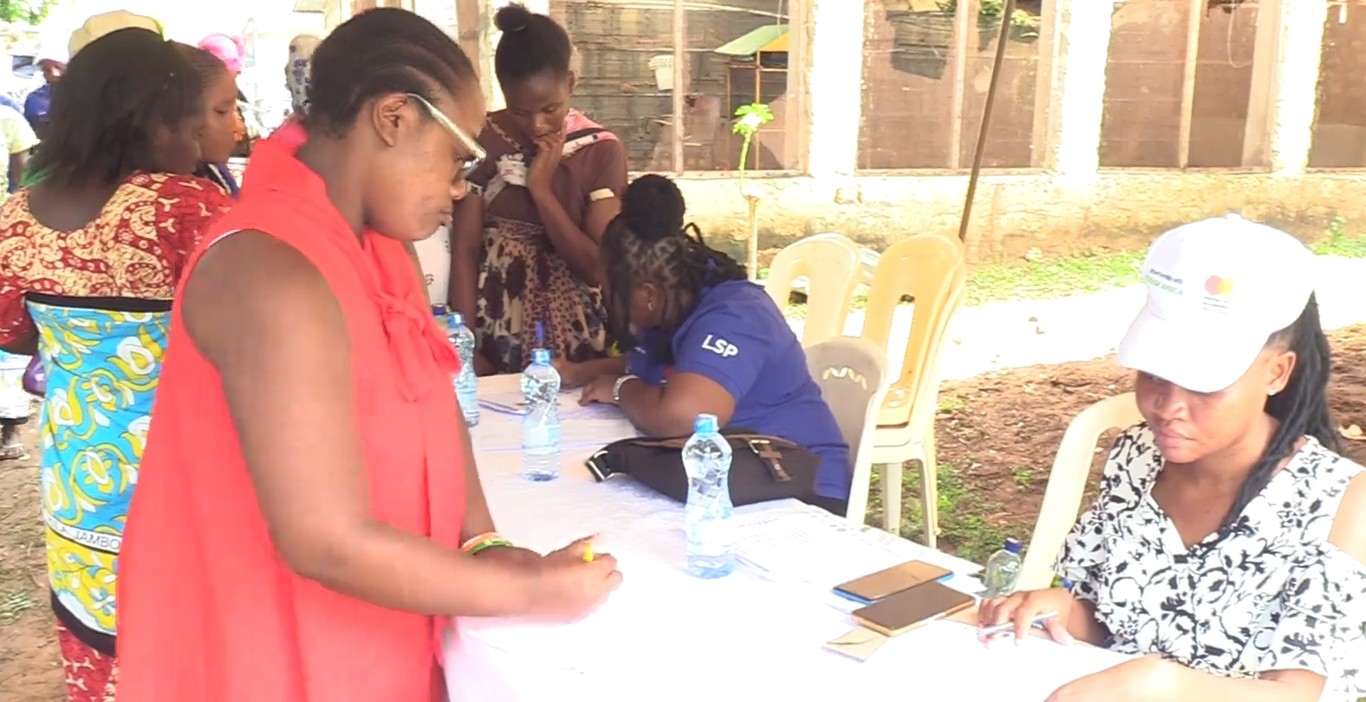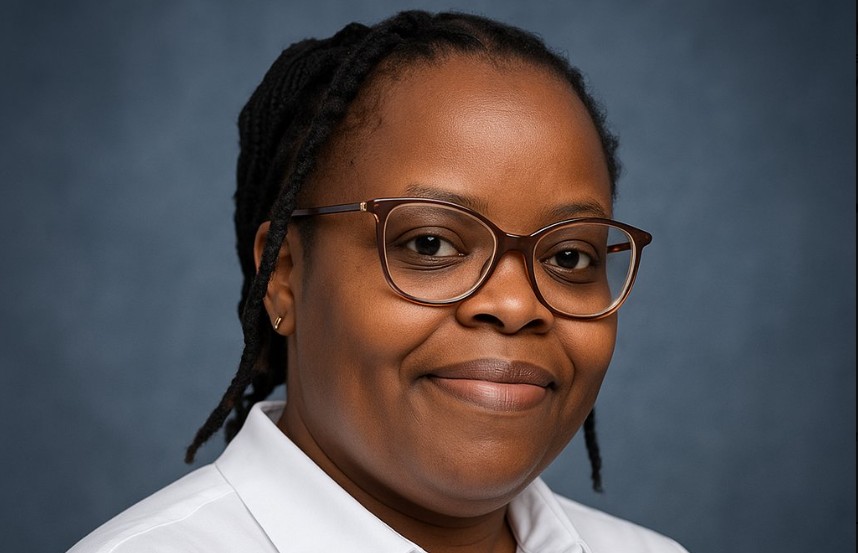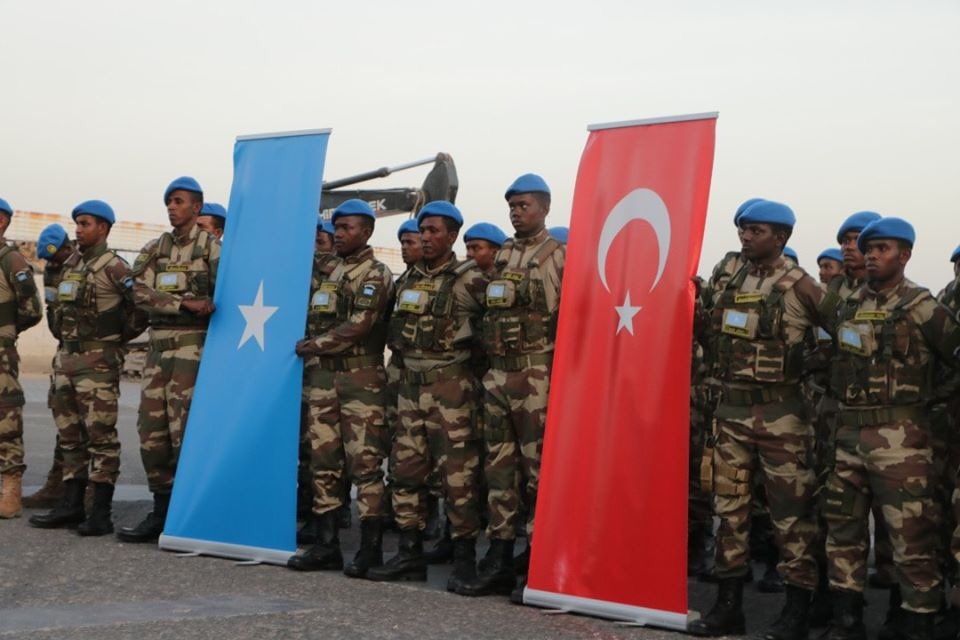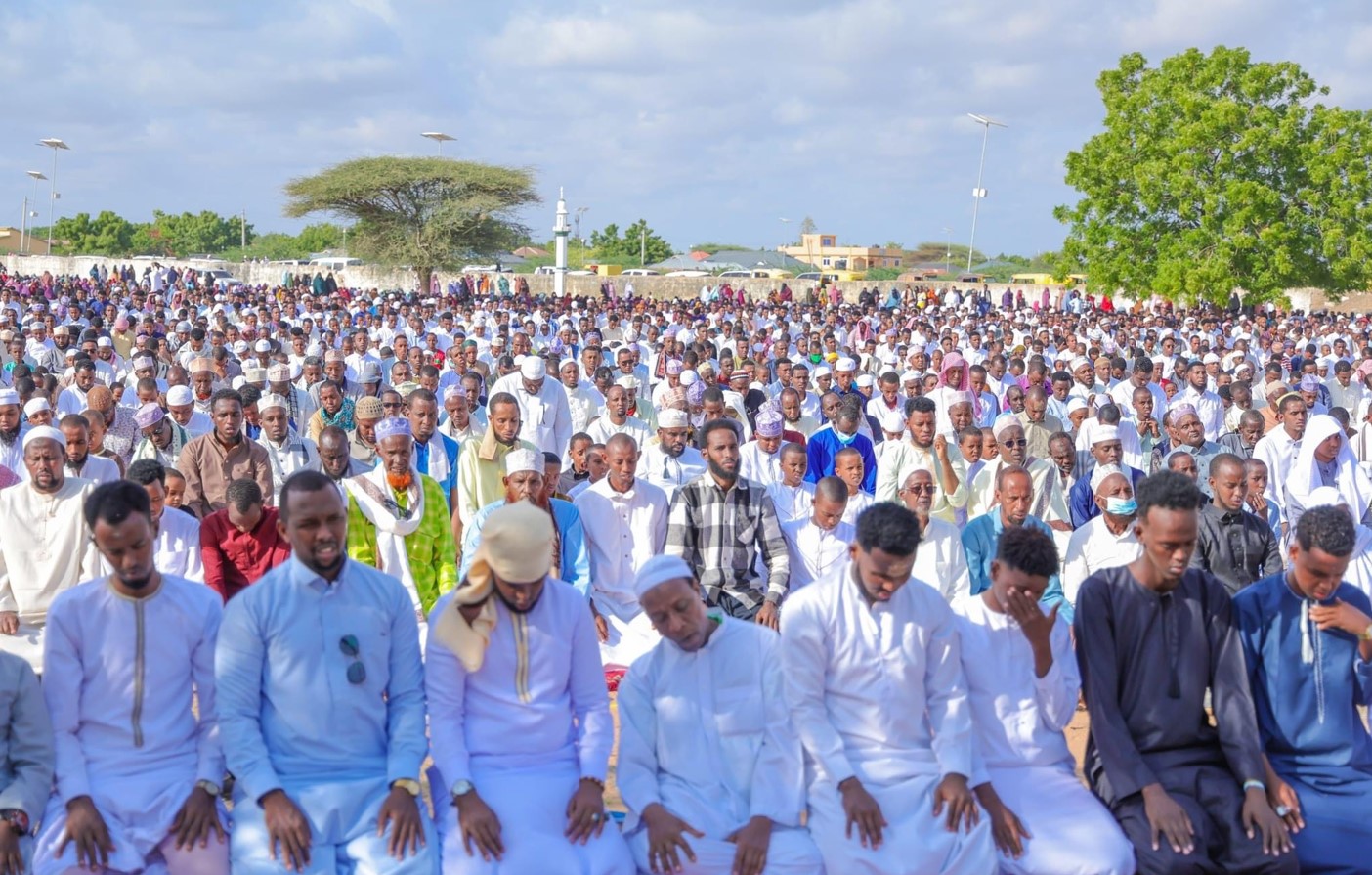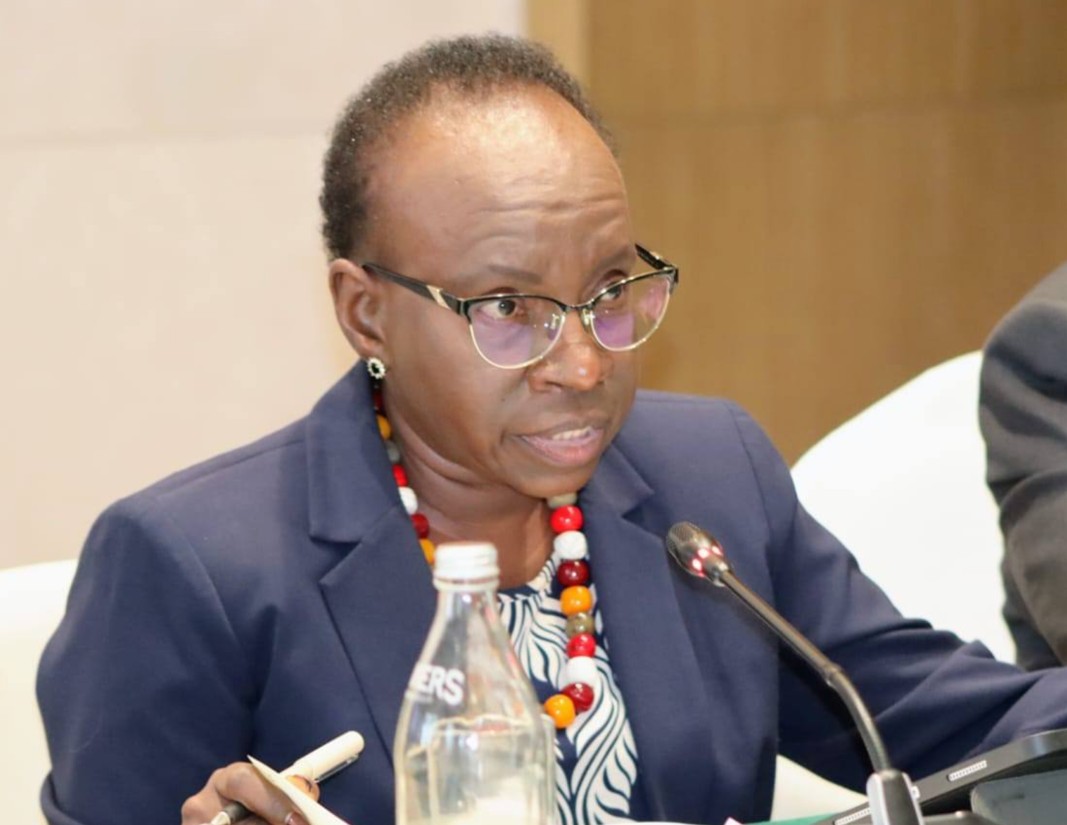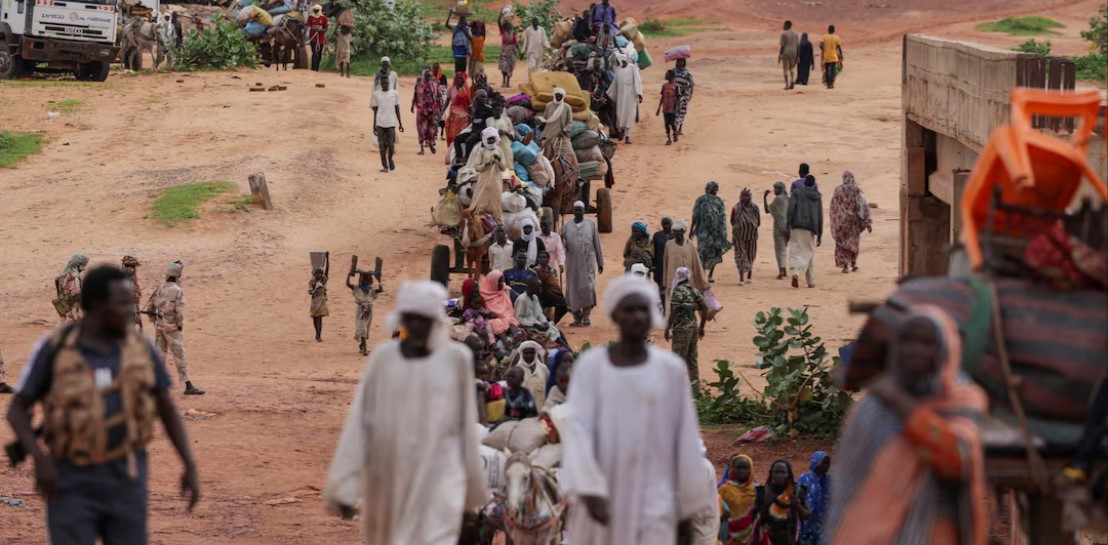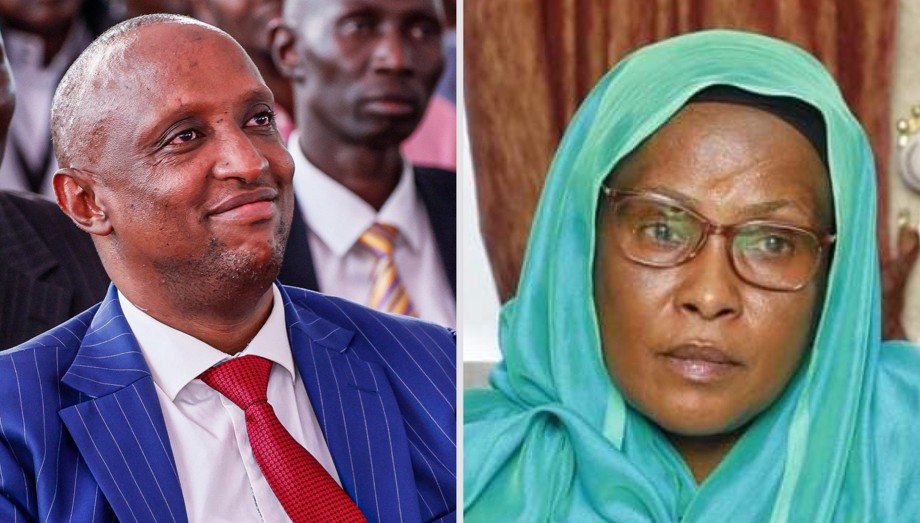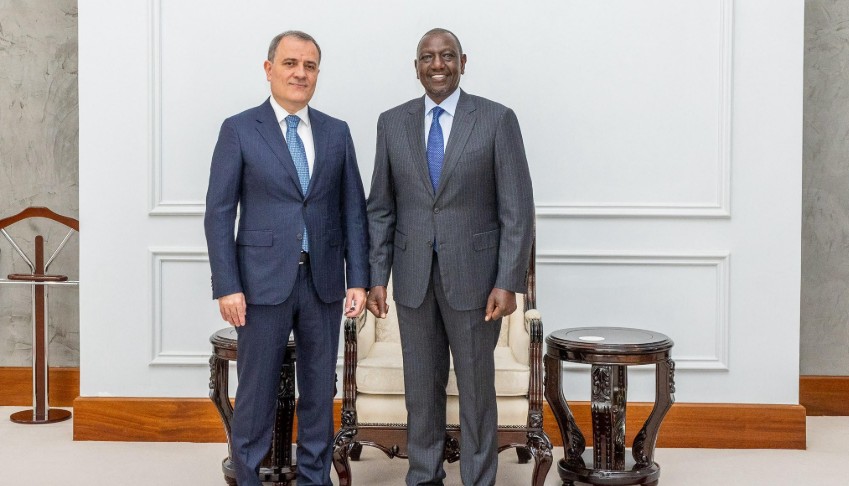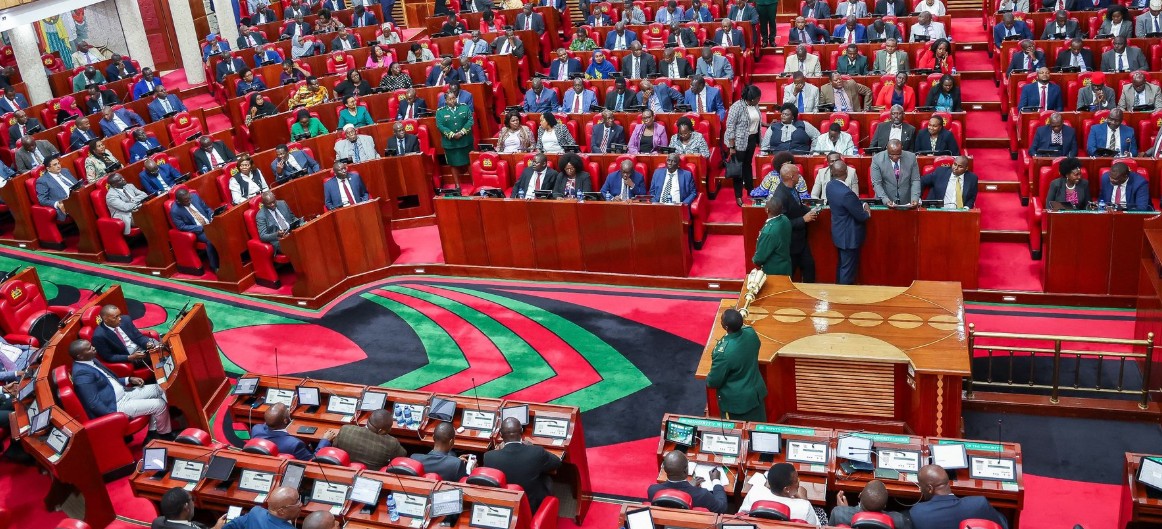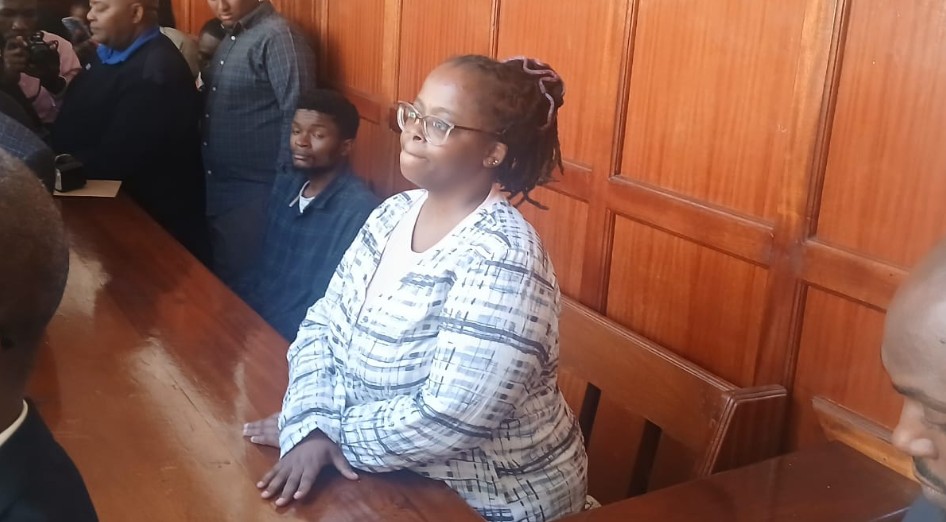Mombasa holds public forums after budget criticism for lack of community input
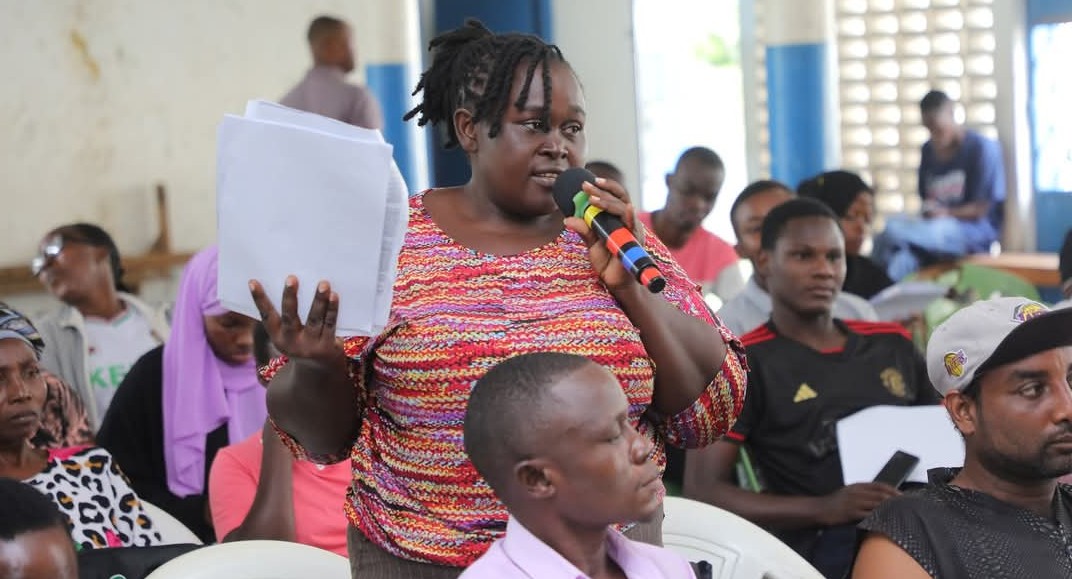
The Sh14.63 billion budget, which shows how money will be spent in key areas, has faced criticism, with residents asking for a more open and inclusive planning process.
The Mombasa County Government has held public participation forums after civil society organisations criticised the proposed 2025/2026 budget for being prepared without adequate community involvement.
The Sh14.63 billion budget, which outlines allocations to key sectors, has drawn criticism from various quarters, with residents calling for a more inclusive and transparent planning process.
More To Read
- Youth dive into fish farming as aquaculture initiative transforms Coast, western Kenya
- Homa Bay’s Raila Odinga Stadium filled to capacity Saturday night ahead of Madaraka Day
- Mombasa public beaches reopen as county urges vigilance following weather advisory
- Blue Economy boom: Over 200 Tana River youths empowered in fisheries venture
- Evacuation starts as Mombasa readies for controlled demolition of dangerous building
- Mombasa County waives Sh15 million in medical bills, freeing over 100 patients
“There was no effort to inform or include residents in the initial stages. This is not how participatory budgeting should work. We need mechanisms that ensure our voices are heard early on, not after the decisions have already been made,” said Sarah Kinywa from Changamwe.
Language inclusivity was a top concern, with many residents calling for future budget forums to be held in Kiswahili to boost participation.
“These sessions should be in Kiswahili so that everyone understands what is being discussed. Otherwise, it locks out a big part of the population,” noted Ali Mohammed, a local leader from Old Town.
Bursary system
Education funding emerged as a key concern, with Ferdinand Mwalimu of Magogoni questioning the effectiveness of the bursary system.
“Despite allocations, many deserving students have not received any support. Cutting the education budget at a time when more families are struggling is unacceptable.”
Ahmed Al-Amin, also from Magogoni, criticised the total exclusion of sports infrastructure in the proposed budget.
“How do you talk about youth development when you don’t even mention sports grounds? It is a contradiction,” he said.
In Mjambere, Juma Mashuhuri raised concerns over reduced funding for the Blue Economy, describing it as a missed opportunity to create employment.
“This is a county with access to the ocean. The Blue Economy should be a priority. We are also drowning in plastic waste, and the budget says nothing about it.”
Some residents also expressed outrage over the removal of the youth revolving fund.
“Why are we still channelling resources to Covid-19 recovery efforts when the pandemic ended over a year ago?” asked Sally Manga, noting young people need sustained financial support now.
Skewed priorities
Concerns over skewed priorities were raised, with Zaib Wanga questioning the need to allocate funds to agriculture and livestock.
“We are in an urban setup. Why are we investing in livestock when what we really need are better drainage systems?”
Ali Mohammed called for a stronger focus on maritime training.
“We must integrate STCW standards in our training institutions and introduce sea-time programmes in TVETs. This will open doors for our youth in the marine sector,” he said.
Mvita resident Harith was vocal about the delayed implementation of the Participatory Budgeting Process (PBB).
“The Executive should have rolled out PBB much earlier and with proper engagement. We also need to see direct funding for youth through initiatives like the Mombasa Revolving Fund.”
He added, “There’s no mention of youth employment strategies, the Mombasa ni Yangu initiative is missing, and the cut in vocational training centre funds is worrying, especially since Mvita doesn’t even have a functional VTC.”
Healthcare services also came under scrutiny.
“Many people can’t afford private insurance. Our public health centres are their only option, yet they face poor customer service. Staff need training in handling patients with dignity.”
Ibrahim Kondo, another participant, called for increased funding for university bursaries and urged the county to invest more in healthcare.
“We need not just new buildings, but also medical equipment and more staff, especially at Chaani, Port Reitz and Magongo hospitals,” he stated.
The county government has promised to incorporate residents’ views before presenting the final budget to the county assembly.
Top Stories Today
